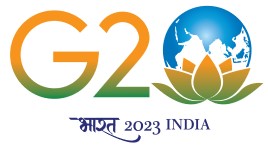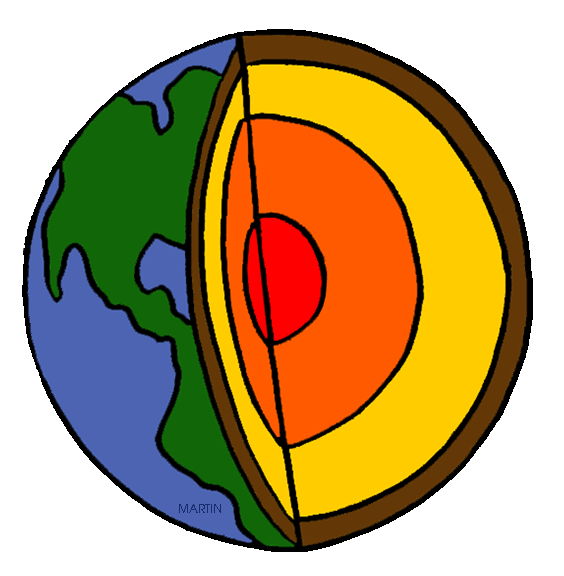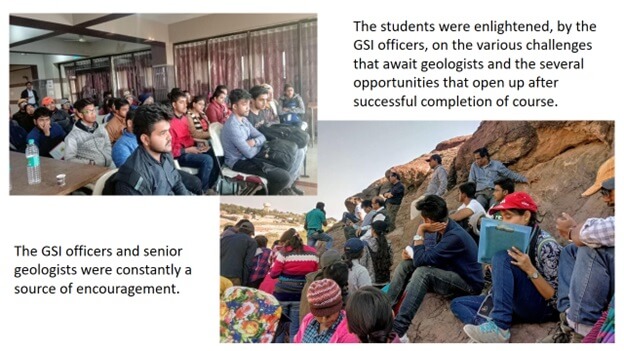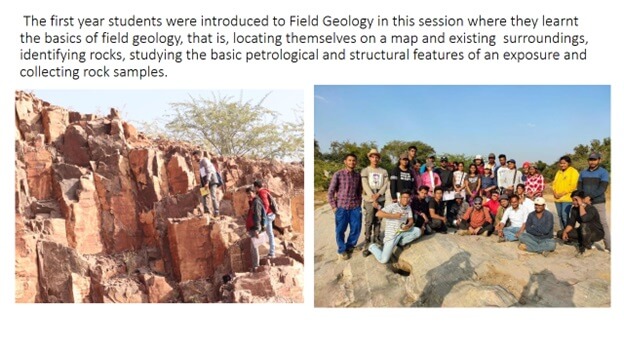Initiated in 2015, the Department of Earth Sciences, JIS University is actively involved in teaching and research in the field of Applied Geology. Over the past years the Department has strived to maintain its multidisciplinary approach towards Earth Sciences by applying the concepts of Geology to solve scientific problems faced by the society. To design and develop scientific tools to study and monitor the earth processes and geo-resources such as minerals, oil water etc. while extending the results of these efforts to the benefits of the students and the community; and to prepare students for careers in the fields of Applied Geology. The department includes Smart Class Rooms- Petrology and Mineralogy Lab, Paleontology Lab, Petrological Microscopes and a Thin section preparation Lab. The class rooms can house more than 25 students and are fully equipped with latest devices like Overhead Projectors, wireless mic and computer aided interactive panels for better teaching and learning experience. The Department maintains ties with well-known organizations such as the Geological Survey of India, The Directorate of Geology and mining, other Universities and Research institutions.
The very much all-encompassing connotation ‘Geo’, in Geo Scientist, binds along with Earth Sciences, a multidisciplinary aspect. The basic sciences of Chemistry, Physics, Mathematics, Computation and Biology are the pillars to this natural science -Earth Science.






